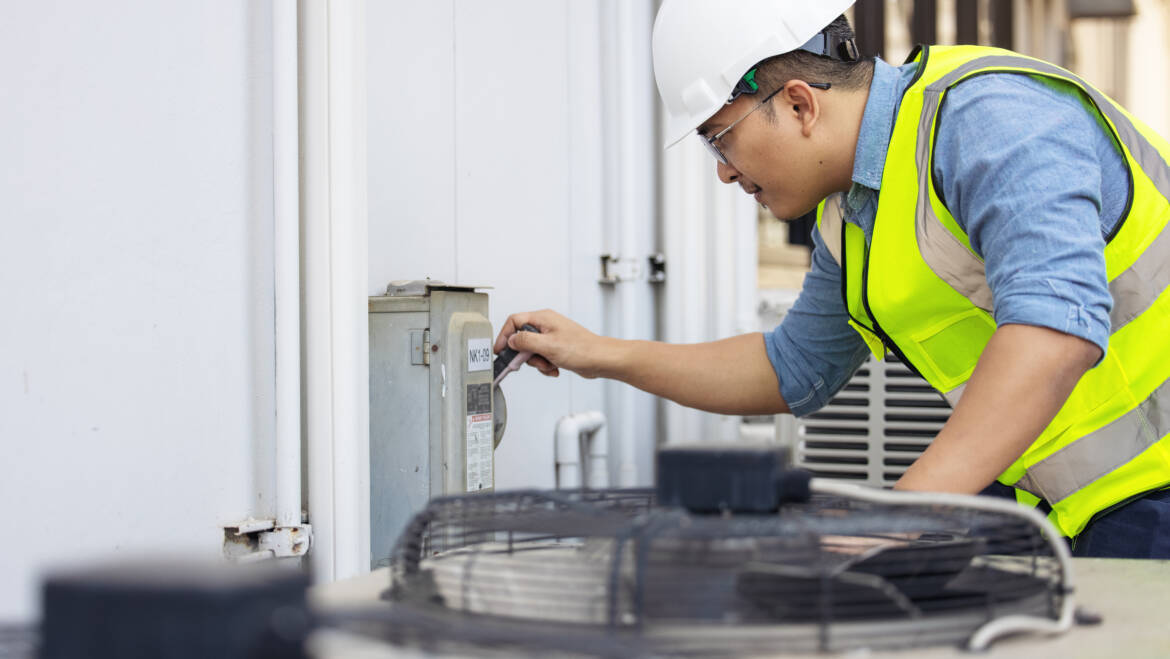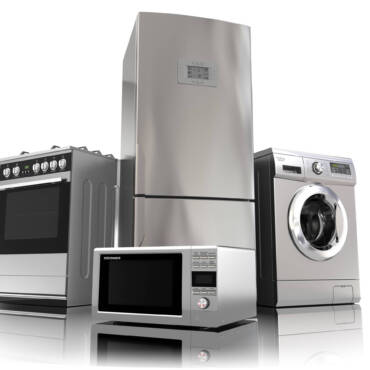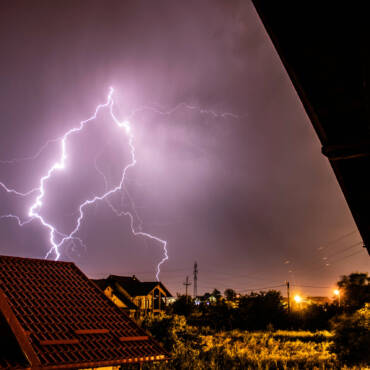Generator Installation Services: The Experts at Local Codes and Rules
The decision-making that goes into which generator installation services you choose involves important considerations, not the least of which is picking a qualified and experienced installer.
Your technician should be licensed and familiar with all the national, state, and local codes that mandate risk and safety standards. This includes compliance with the National Electrical Code (NEC) and the National Fire Protection Association (NFPA), which set standards for electrical installations, stationary combustion engines, and fire safety and ventilation requirements for home backup generators.
Meanwhile, state and local codes are also important, which includes building codes that regulate structural aspects of your generator installation, such as setbacks from your property borderline and foundation “pad” issues. Other related codes may also include zoning ordinances restricting generator placement or noise levels, environmental regulations on emissions and fuel storage, and utility company requirements that dictate how your generator connects to the utility grid.
Your local, trusted home generator dealer has the expertise to handle a myriad of codes, rules, and applicable standards. But to fully appreciate your local service’s knowledge and skills, you’ll have to keep reading. They are prepared to navigate everything on your behalf.
Electrical Codes for Generator Installation Services
National electrical codes on emergency systems, standby systems, and “load calculations” apply to home generator installation services. All of these are technical areas where a qualified expert has the expertise you need.
First off, transfer switches are necessary to safely isolate the generator from the utility grid. This ensures safe and smooth operation, preventing “back-feeding” and other potential hazards. Proper grounding and bonding of your generator and its electrical components also relate to this system. Both of these prove crucial in preventing electrical shock and fires.
Circuit breakers or fuses also protect the generator and your home’s electrical system from overloading and short-circuiting. These are part of what’s called “overcurrent protection.” Your circuits are connected through wiring, where appropriate methods and materials should be used to ensure they’re rated for the generator’s output and comply with requirements for conductor size, insulation, and protection. Above all, clear and permanent labeling of circuits and equipment is essential for safety and future maintenance.
What’s particularly important is what electricians call “means to disconnect,” which is the function that disconnects the generator from its fuel supply and electrical circuits for routine maintenance or emergency purposes. Knowing whether your natural gas meter or gas regulator is a sufficient size to handle higher gas consumption is a key question any expert will know the answer to — through an inspection or by contacting your utility company. While different appliances consume varying amounts of natural gas, gas meters and regulators are typically sized for only so much “gas flow” per minute. Natural gas-fired appliances may not function properly if additional fuel is added to an existing gas meter without being upgraded.
These are general guidelines, and specific requirements may vary depending on your generator type, location, and local codes. It’s important to meet all codes and proper safety regulations and rules.
Navigating Your Building Rules and Zoning Ordinances
There are a lot of local building codes that usually apply to generator installation services. Some of them include regulations on fuel lines and storage. Others for adequate exhaust systems, energy efficiency, ventilation, fire safety, aesthetics, property borderlines, foundation strength, and clearance space.
Building codes vary by jurisdiction. As such, a qualified technician should always consult local building officials for specific requirements in your neighborhood. You want to obtain the necessary permits before installation. You also want to make sure you adhere to the generator manufacturer’s installation instructions. These instructions typically relate to your local code requirements.
When it comes to zoning ordinances, generator installations can vary greatly depending on your city, county, or local rules. These local zoning rules may dictate where you can install the generator on your property, which could involve minimum distances from property lines, buildings, and structures (like sheds or garages). Some local ordinances might have rules on the appearance of your generator, requiring enclosures or screens to blend with the surrounding architecture. Also, noise levels might be regulated, with limitations on decibel levels and operating hours, especially at night.
Breaking it Down by City
Most cities also require permits for installing the generator, with a zoning ordinance often playing some type of role in the permitting process. You should contact your local zoning department to get the regulatory information you need to move forward. City zoning experts can provide you with copies of relevant ordinances and answer any questions you have. Make sure to start the process early, because obtaining permits and approvals can take time. Plan ahead before you have your generator installed.
Just remember one thing: Zoning ordinances are created to protect the health, safety, and welfare of the community you live in. You may think they’re a pain, but by following your local rules, your installer can ensure you’re utilizing your home generator legally and responsibly.
Generator Installation Services are Attune to Environmental Regulations
Your generator installation services process can also encompass environmental regulatory requirements that should also be met. Some of these include:
- Local air quality regulations. Some localities have regulations concerning air emissions from stationary engines that set limits on pollutants like carbon monoxide, nitrogen oxides, and volatile organic compounds.
- Federal Clean Air Act rules. Some larger generators may fall under New Source Performance Standards (NSPS) or National Emission Standards for Hazardous Air Pollutants (NESHAP).
- Fuel storage compliance. If you store fuel for your generator in an above-ground propane tank, pay attention. If the tank capacity exceeds so many gallons, you may need to comply with certain regulations. These regulations are aimed at preventing and mitigating potential fuel spills. This is as opposed to connecting to your home’s natural gas utility fuel line. What’s more, if you opt for an underground storage tank, specific regulations regarding installation, maintenance, and monitoring could apply.
When choosing a generator, consider its emissions and fuel efficiency to meet your local standards.
Utility Company Requirements: Connections, Switches, and Agreements
Local utility rules that generator installation services need to heed on your behalf usually include:
- The interconnection agreement. This agreement outlines the technical specifications and safety measures necessary for safe and reliable operation before your generator and home’s electrical network connects to the local grid.
- An automatic transfer switch agreement. This switch automatically disconnects your home from the grid when the power goes out and connects it back to the grid when power is restored. This prevents “islanding,” where your generator continues to feed power back into the grid, potentially endangering utility workers.
- A metering agreement. Some utility companies may require a separate meter for your generator to track the electricity it generates. This could be used to determine if you are eligible for any net-metering programs, where you sell excess power back to the grid.
- Proper inspection and permits. Most utility companies will need to inspect the installation to ensure it meets safety and technical requirements, which may involve obtaining additional permits from the utility company.
- Payment of fees. Some utilities charge fees for interconnection and generator installation. These fees can vary depending on the company and size of your generator.
There’s a lot when it comes to the web of regulatory and compliance standards that any homeowner must meet. Luckily, your local installation technicians have everything covered. There’s a difference between a seamless and reliable backup-power experience versus one that’s prone to future problems. That difference is making sure your installation service is a top-notch provider.
Danley 911 Home Services Electrical
At Danley 911 Home Services Electrical, we assist you throughout the entire process — from helping you prepare for installation, repair, and maintenance to anything else surrounding generator installation services, as well as obtaining permits, inspections, and much more. We help you optimize and fine-tune your situation so you get the most out of your investment, as well as determine the correct generator size.



